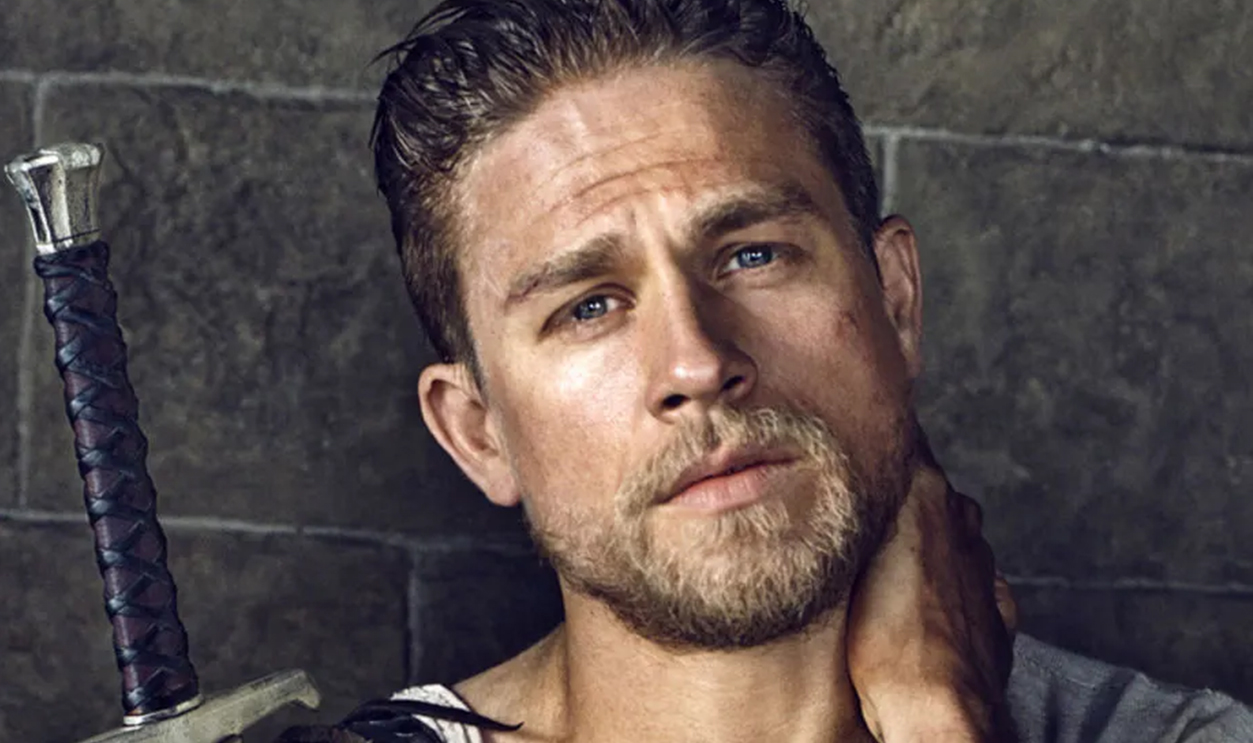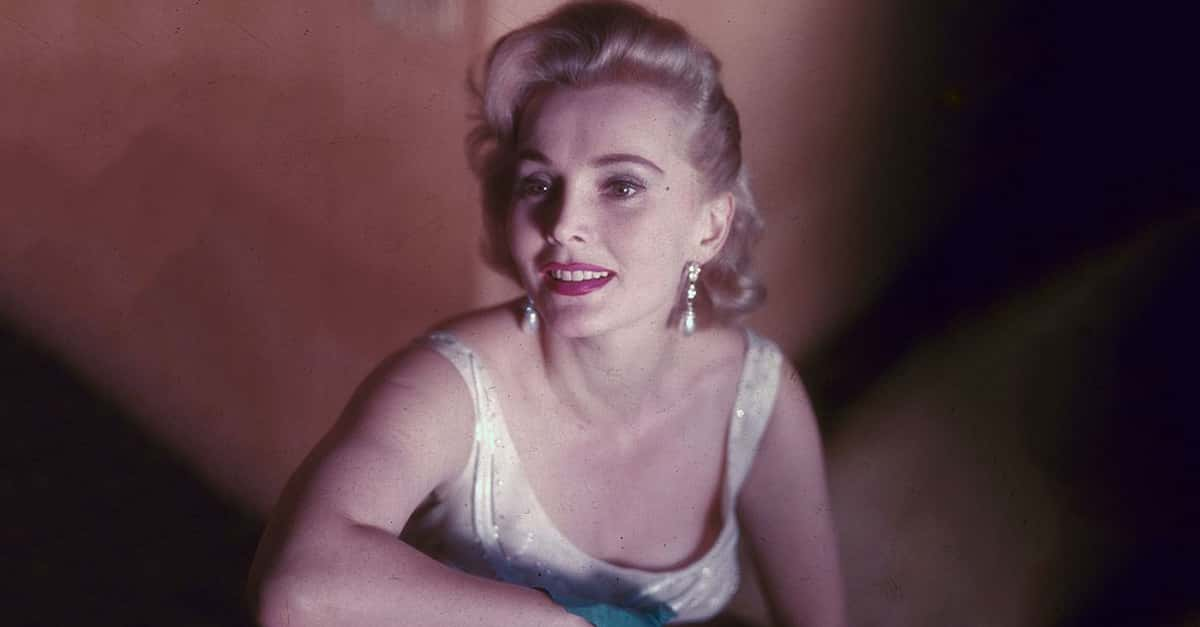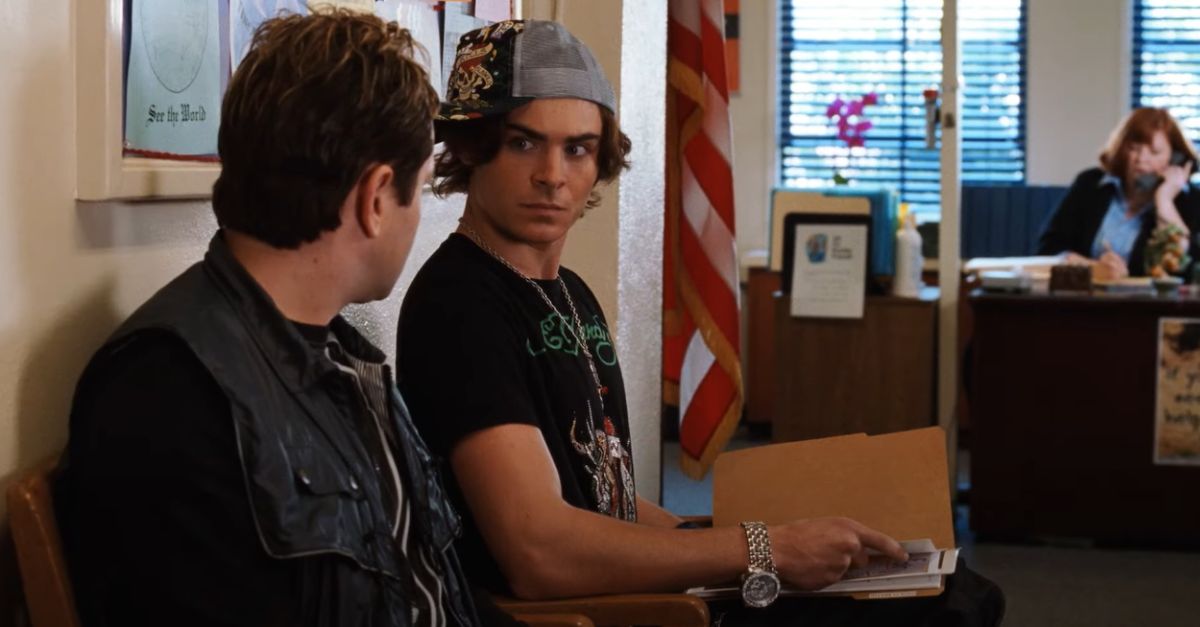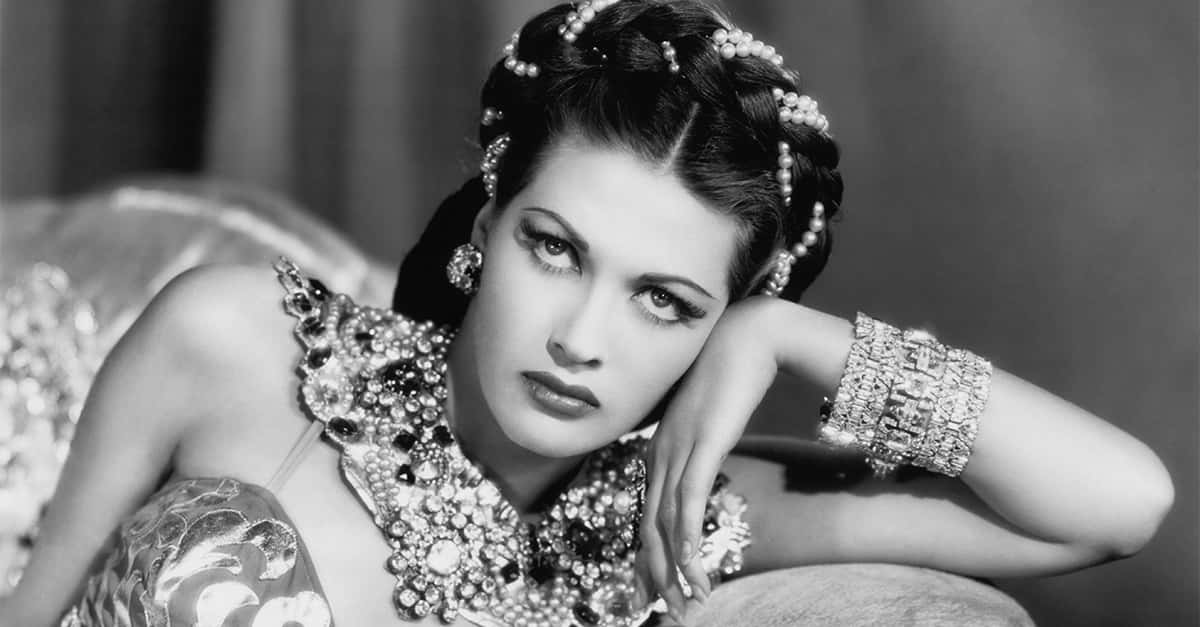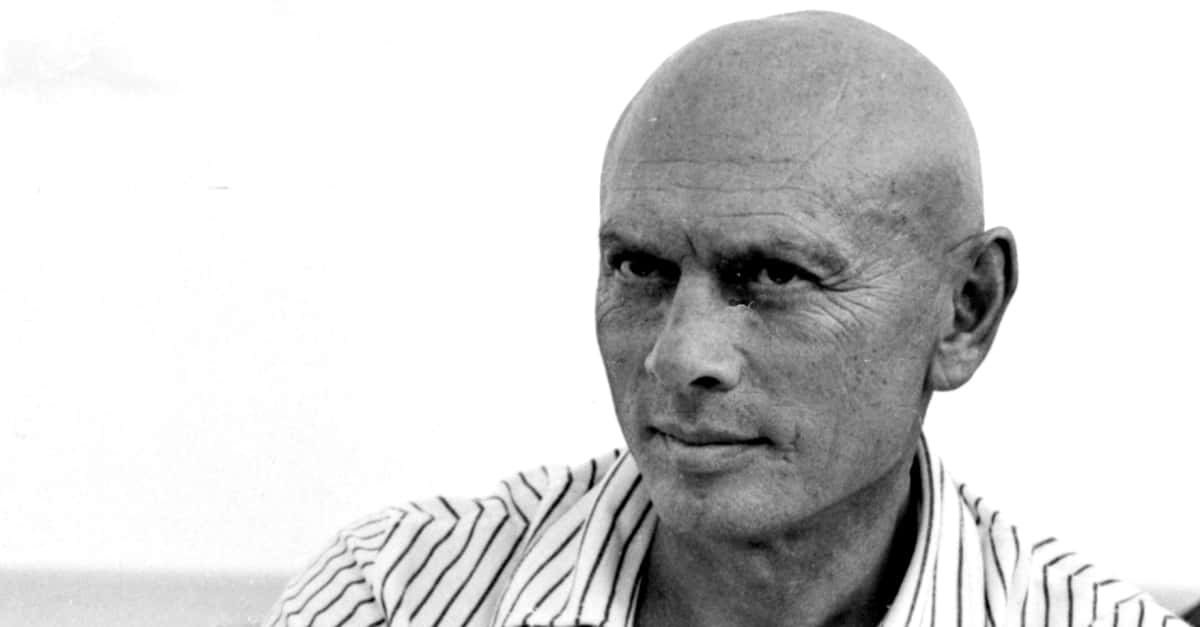These Films Deserve A Series
You ever finish a movie and think, “I want more of that world”? When a film’s premise is rich, its mythology deep, or its characters demand more screen time, it’s screaming for serialization. Some of the most ambitious, genre-bending flicks would’ve made stellar TV shows. Here are 20 of those films.
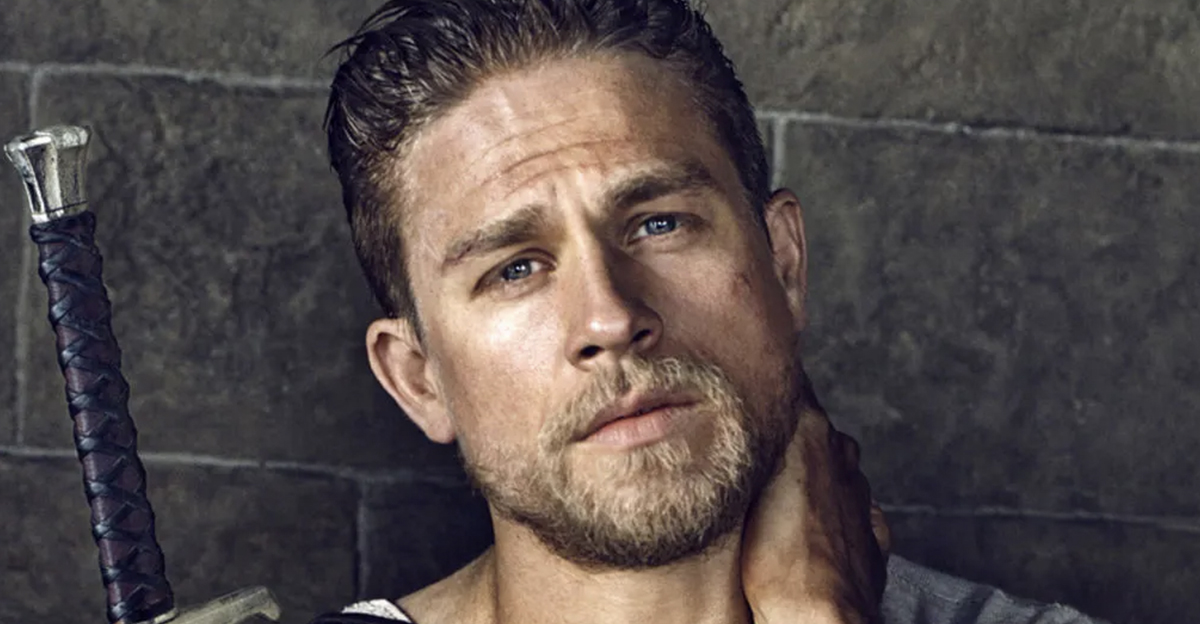
The Dark Tower (2017)
Based on Stephen King’s sprawling saga, The Dark Tower was always meant to be epic. The film tried to compress seven novels into two hours, and that shows. A TV series could truly explore Roland’s multiverse, Jake’s journeys, the Crimson King’s plotting, and all the side quests that got left on the cutting-room floor.
 Sony Pictures Releasing, The Dark Tower (2017)
Sony Pictures Releasing, The Dark Tower (2017)
The Adjustment Bureau (2011)
Love, fate, and mysterious cosmic puppet masters? The Adjustment Bureau sets up a world where free will is a battleground. The film gives us a taste, but a series could delve into other agents, moral quandaries, and the personal cost of rewriting reality. Think Black Mirror meets conspiracy thriller.
 Universal Pictures, The Adjustment Bureau (2011)
Universal Pictures, The Adjustment Bureau (2011)
The Book Of Eli (2010)
Post-apocalyptic drama plus faith and survival equals perfect long-form TV. The film shows Eli’s pilgrimage across a ruined America, but a series could break down the world before the collapse, the gangs, the holy books, and the ideological wars over civilization’s remnants. Drama for days.
 Warner Bros. Pictures, The Book of Eli (2010)
Warner Bros. Pictures, The Book of Eli (2010)
Bright (2017)
With orcs, elves, magic, cops, and urban fantasy, Bright flips genres. On film it felt crowded; as a TV show, it could’ve balanced worldbuilding, procedural copswork, and racially-fraught fantasy politics. Netflix’s spin began some of that, but a multi-season show could dig deeper into lore and character.
Surrogates (2009)
A future where people live through droids sounds like flagship sci-fi TV territory. Surrogates asks questions about identity, control, crime in virtual bodies. A series could explore rogue surrogates, black market bots, the psychological impact of disconnect, and catastrophic failure modes. So much meat.
 Walt Disney Studios Motion Pictures, Surrogates (2009)
Walt Disney Studios Motion Pictures, Surrogates (2009)
Hotel Artemis (2018)
Set in a secret hospital for criminals, Hotel Artemis is fallen-angel noir. The film gives us glimpses of the world: the gangland rules, the patients, the staff. But a show could turn the hospital itself into a character, track rotating guest arcs, flashbacks to criminal lives, and power plays within its walls.
 Global Road Entertainment, Hotel Artemis (2018)
Global Road Entertainment, Hotel Artemis (2018)
The Book Thief (2013)
Historical drama plus magical realism and heartache. The Book Thief adapts Markus Zusak’s novel with grace, but a series could expand on each character’s journey: Max in the basement, Liesel’s changing world, war’s chaos, the postwar aftermath. Episode arcs letting us dwell in grief and hope.
 20th Century Studios, The Book Thief (2013)
20th Century Studios, The Book Thief (2013)
Push (2009)
With telekinetics, clairvoyants, secret organizations, Push is ripe for episodic intrigue. The film introduces a conspiracy over supers with powers, but a TV show could bring in more 'pushers,' layers of control, fringe factions, and meaning of power. It’s X-Men without the franchise restrictions.
The League Of Extraordinary Gentlemen (2003)
An ensemble of literary legends (think Dorian Gray, Captain Nemo, Dr. Jekyll) is a concept too cool for a single film. A show could rotate adventures: monster hunts, colonial-era mysteries, steampunk politics. Dive into each character’s backstory. Episodes with literary crossovers. Dream fan service.
 20th Century Studios, The League of Extraordinary Gentlemen (2003)
20th Century Studios, The League of Extraordinary Gentlemen (2003)
In Time (2011)
Society where time is currency is conceptually perfect for TV. The film gives us glimpses of the 'time zone wars,' the black market, and the gated rich. But a series could follow multiple protagonists (in poverty zones, time heists, political revolts) building to revolution. Time to expand.
 20th Century Studios, In Time (2011)
20th Century Studios, In Time (2011)
Divergent (2014)
A dystopian world divided by personality factions. Divergent is ripe for serialized storytelling: faction politics, insider strife, white plots, romances. Film trimmed much. A series could linger on training, societal shifts, dissent movements, divergence beyond just the hero’s arc.
 Summit Entertainment (Lionsgate), Divergent (2014)
Summit Entertainment (Lionsgate), Divergent (2014)
The Maze Runner (2014)
Adventures in shifting labyrinths, memory loss, social experiments—this is TV gold. The movie gives you the mystery and action, but a show could unpack each trial, build alliances among Gladers, explore the killers behind the maze, and weave in politics and betrayals over seasons.
 20th Century Studios, The Maze Runner (2014)
20th Century Studios, The Maze Runner (2014)
V For Vendetta (2005)
The political dystopia, masked rebellion, and ideological warfare in the movie are all begging for long-format exploration. The film gives us an arc of revolution, but a show could delve into Norsefire’s rise, dissent cells, V’s past, characters’ moral conflicts, post-revolution dilemmas. Drama with real weight.
 Warner Bros. Pictures, V for Vendetta (2005)
Warner Bros. Pictures, V for Vendetta (2005)
Jupiter Ascending (2015)
Space empires, genetic dynasties, and interplanetary politics make Jupiter Ascending messy and lush. As a film it struggled but as a show it could shine. Each planet, royal line, rebellion subplot, interstellar trading, bloodlines make this a surefire multi-season sci-fi epic.
 Warner Bros. Pictures, Jupiter Ascending (2015)
Warner Bros. Pictures, Jupiter Ascending (2015)
Beautiful Creatures (2013)
Magic, destiny, Southern gothic vibes. Beautiful Creatures introduces a coven, generational curses, and star-crossed love. As a series you could unpack family histories, magical mythologies, conflicts within the coven, and expand the lore beyond the initial romance.
 Warner Bros. Pictures, Beautiful Creatures (2013)
Warner Bros. Pictures, Beautiful Creatures (2013)
Solo: A Star Wars Story (2018)
This origin story drops too much too fast. A show set during Han Solo’s early years could explore Kessel runs, smuggling routes, Corellian underworlds, early Imperial spats, and team-ups with lesser-known characters. Stretch the myth rather than compress it.
 Walt Disney Studios Motion Pictures, Solo: A Star Wars Story (2018)
Walt Disney Studios Motion Pictures, Solo: A Star Wars Story (2018)
Mystery Men (1999)
A quirky, low-budget superhero flick with a cult following. The ensemble of misfit heroes is perfect for serialization: each one’s power struggle, failure, comic flops, city threats. Let the weirdness breathe. A show could have turned the film’s charm into long-form gold.
 Universal Pictures, Mystery Men (1999)
Universal Pictures, Mystery Men (1999)
Fantastic Beasts and Where to Find Them (2016)
Actually, this one sort of is a TV-level franchise now, but the first film had too many threads. A series could delve into magical lore, Ministry of Magic politics, No-Maj reactions, wizarding culture across continents. Episodes letting the magic world stretch beyond stops and starts.
 Warner Bros. Pictures, Fantastic Beasts and Where to Find Them (2016)
Warner Bros. Pictures, Fantastic Beasts and Where to Find Them (2016)
King Arthur: Legend Of The Sword (2017)
Myths, old magic, backstories, betrayals—this Arthurian take had promise but little time to develop. A serialized format could have shown Excalibur’s origin, Arthur’s youth, Merlin’s secrets, Camelot’s political tensions. A dark Arthurian series would’ve slayed.
 Warner Bros. Pictures, King Arthur: Legend of the Sword (2017)
Warner Bros. Pictures, King Arthur: Legend of the Sword (2017)
Sky Captain And The World Of Tomorrow (2004)
With retro-futurism, global stakes, flying machines, and mind control, this visual feast teases a globe-hopping serial. As a movie it’s dazzling but light. As a show? Episode after episode of pulp adventures, retro noir mysteries, tech conspiracies. It could be The Rocketeer meets Indiana Jones on TV.
 Paramount Pictures, Sky Captain and the World of Tomorrow (2004)
Paramount Pictures, Sky Captain and the World of Tomorrow (2004)
You May Also Like:
Underrated TV Series That Deserve A Comeback
These Movies Flopped At The Box Office, Now They're Cult Classics

